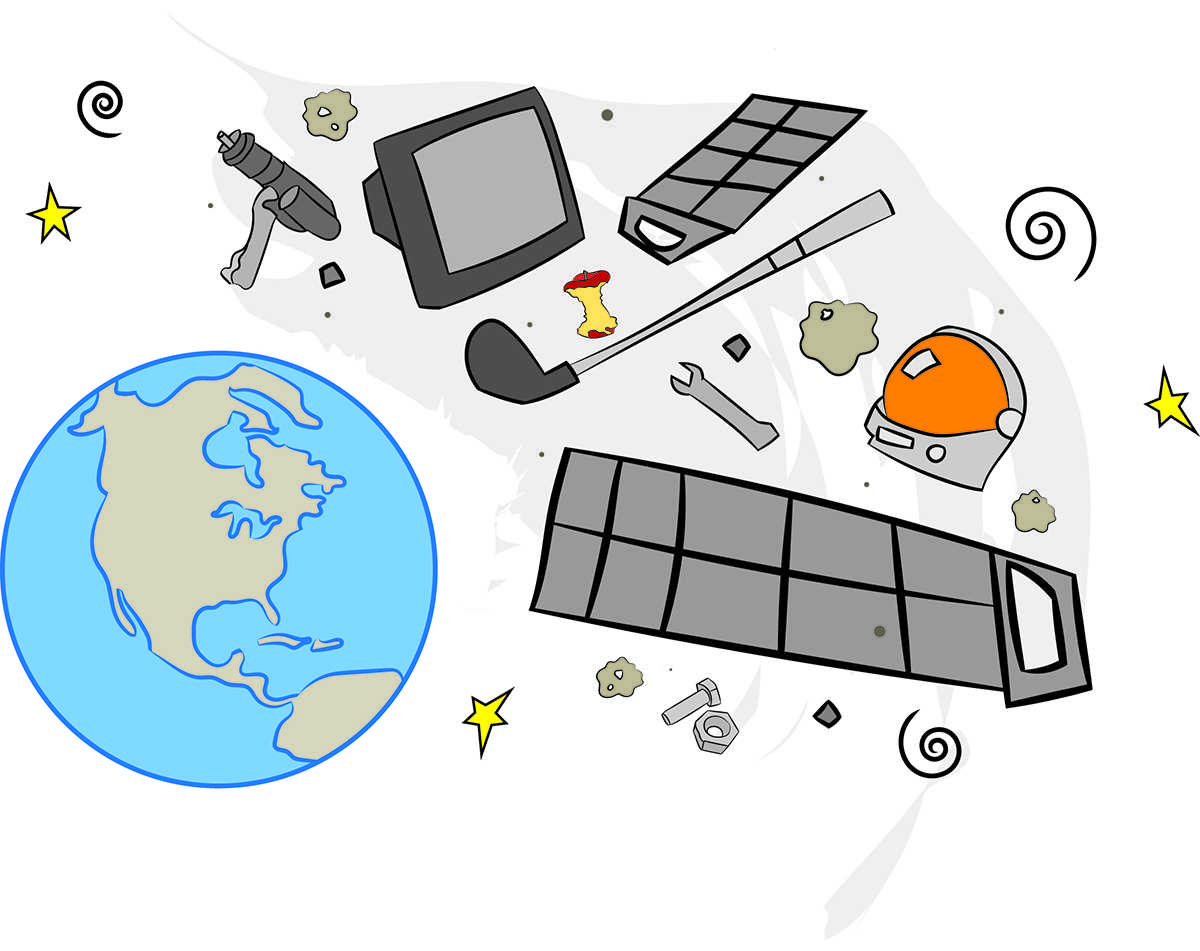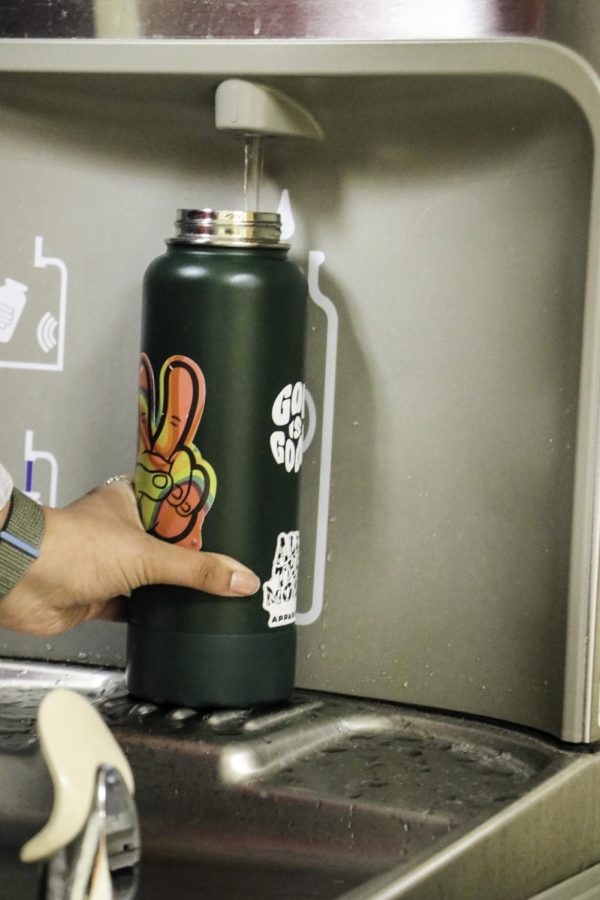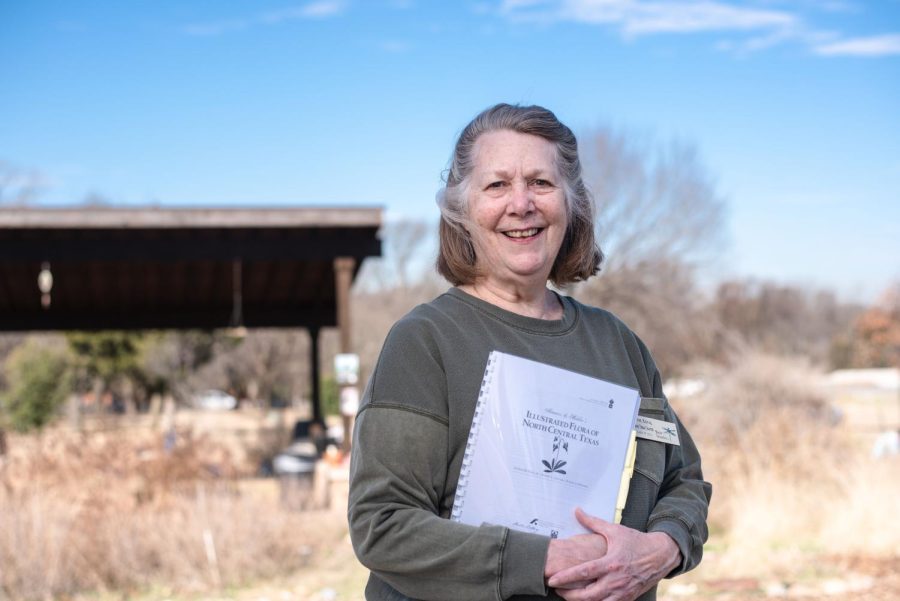
By Jacob Vaughn
Managing Editor/Music Editor
The planet is increasingly shrouded by space debris. Remnants of past space missions orbit Earth at about 17,000 miles an hour, according to nasa.gov. At these speeds, something as small as a paint chip can cause significant damage, Chaz Hafey, a Brookhaven College astronomy and physics lab coordinator, said.
When Sputnik 1, the first artificial Earth satellite, was launched in 1957, no one was considering the repercussions of space debris, Hafey said. “Why would they think about that? We don’t always have the foresight of knowing what we need to know,” he said.
Over the last 62 years, humankind has left behind 500,000 accounted-for pieces of space debris, according to the National Aeronautics Space Administration, and it is making space travel more difficult. NASA is tracking as much as they can, but there is likely much more, Hafey said.
With the emergence of private space-travel companies, such as SpaceX, these numbers are set to grow. While NASA has set restrictions on its own missions to combat this problem, there are no set regulations on space debris, according to the University of Miami.
Many people do not realize the effects of space junk because it is not right in front of them, Hafey said. While the space shuttle Columbia, which disintegrated over Texas upon re-entry in 2003, was not affected by space debris, the disaster illustrates the dangers it poses.
Hafey said: “[During the launch], there was one piece of foam that came down. It was not that big – maybe a couple of feet across – and it hit the wing. When the shuttle was coming back, it was that area that was the problem with re-entry. That was only 200 miles an hour. If it’s going 17,000 miles an hour, it doesn’t need to be big.”
According to the European Space Agency, debris measuring up to one centimeter across could cause critical damage, while anything larger than 10 centimeters could shatter a satellite.
Getting rid of this debris is not as simple as blowing it up, Hafey said, because that would just create more. “A thousand-fold increase every time you take something out? Yeah, that’s not going to work,” he said.
“I’ve advocated for a long time for the development of some kind of international norms and behaviors in space,” John Hyten, U.S. Air Force general, told members of the United States Committee on Armed Services during a hearing on establishing a Space Force, according to CNBC. Those norms and behaviors should start with space debris, he said. “As the combatant commander responsible for space today, I don’t want more debris.”
Hyten’s comments came after a successful anti-satellite missile test by India created over 250 more pieces of space junk, according to CNBC.
Space cleanup would be a goldmine of a business venture if anyone were willing to pay for it, Hafey said. Astroscale, a Tokyo-based company developing technology to remove space debris, recently announced it will open an office in Denver, according to spacenews.com. The company’s next satellite, End-of-Life Service, is set to launch in 2020.
Chris Blackerby, chief operating officer of Astroscale, said the company is finding that interest in their services from government and commercial organizations is growing, according to spacenews.com. However, the company’s move to Colorado is part of an effort to get the U.S. involved in their business. “We’re not going to have a long-term sustainable business in this market without having a U.S. presence,” Blackerby said. “Having the U.S. footprint is really vital for us.”
Hafey said he imagines one day money will have to be set aside to deal with space debris that is increasingly muddying the shallows of Earth and the ocean of space. Until then, the International Space Station and its crew will have to continue maneuvering around the junk that is being left behind.






